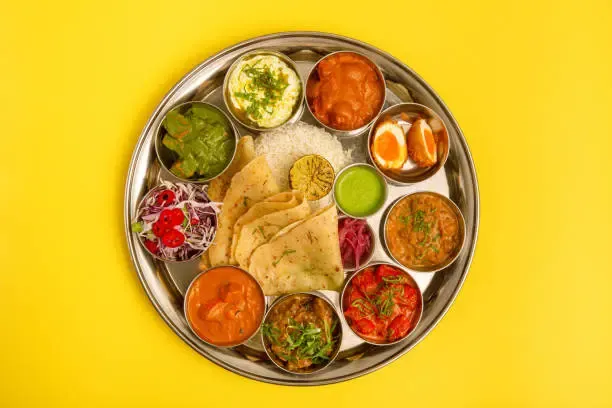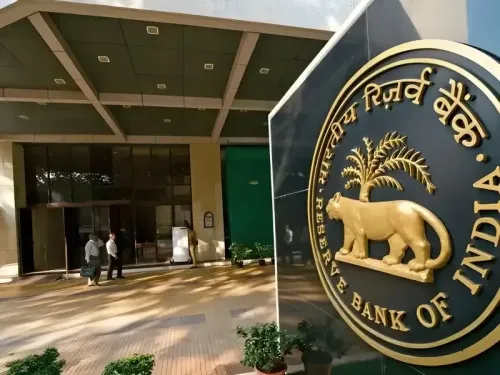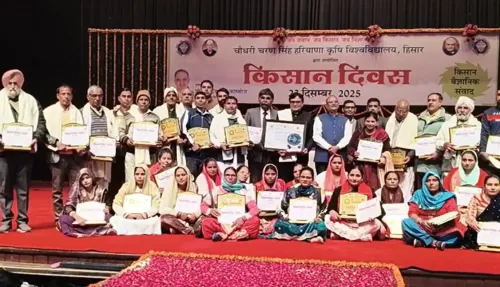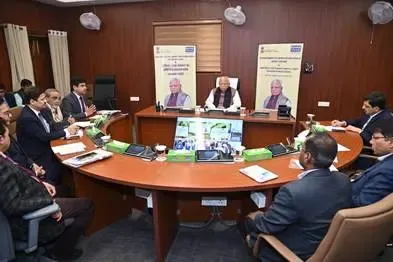Have Home-Cooked Veg and Non-Veg Thali Prices Dropped in October?

Synopsis
Key Takeaways
- Thali costs have dropped significantly: 17% for vegetarian and 12% for non-vegetarian.
- Potato and tomato prices: Potatoes down 31%, tomatoes down 40%.
- Pulses faced corrections: Due to increased imports and rainfall impacts.
- Future expectations: Prices of pulses may rise due to weather conditions.
- Broiler prices: Only a moderate drop of 6% influencing non-veg thalis.
New Delhi, Nov 7 (NationPress) The expense related to home-cooked vegetarian and non-vegetarian thalis has dropped by as much as 17 percent and 12 percent year-on-year in October, respectively. This significant decline is primarily attributed to a steep reduction in the prices of vegetables and pulses, as reported by Crisil on Friday.
The price of potatoes has decreased by 31 percent due to a high base, with production during the Rabi season 2024-2025 increasing by 3-4 percent year-on-year. Additionally, tomato prices have plummeted by 40 percent year-on-year due to greater supplies from both western and southern markets, according to Crisil's monthly food plate cost indicator.
Pushan Sharma, Director of Crisil Intelligence, stated that onion prices have dropped because of enhanced stock supply from the Rabi season 2024-25, ahead of the kharif crop entering the market in November.
“Pulses have also seen price adjustments, facilitated by increased imports of Bengal gram, yellow pea, and black gram. In the medium term, onion prices may experience a slight increase, as excessive rainfall in August and September in key producing states like Karnataka and Maharashtra has postponed kharif transplantation and raised yield concerns,” Sharma remarked.
Potato prices are expected to remain stable in November due to limited supplies from the early Rabi crop but may decrease once cold storages release their stocks by mid-December.
Tomato prices are anticipated to remain soft with ongoing kharif arrivals, as per the report.
Prices of pulses may slightly rise in the short term due to the impact of excessive rainfall on kharif yields and the recent introduction of a 30 percent import duty on yellow peas. Should the government extend these duties to other pulses, prices could see a sharper increase, noted Sharma.
The cost of non-vegetarian thalis has decreased to a lesser extent as broiler prices have only fallen by 6 percent year-on-year. Since broilers comprise about half the total cost of the thali, lower prices of vegetables and pulses have contributed to the overall decline.










